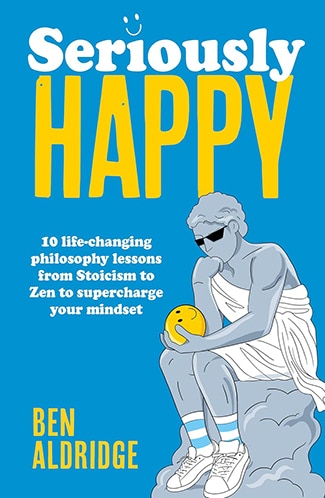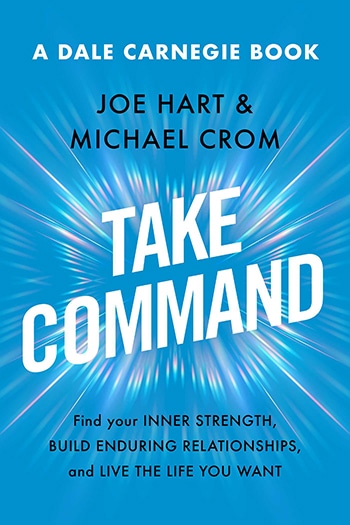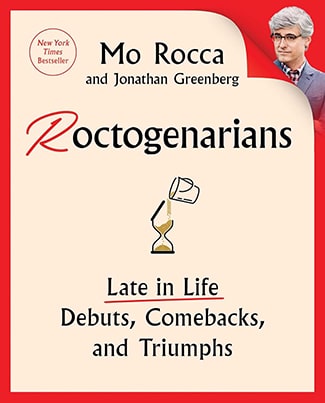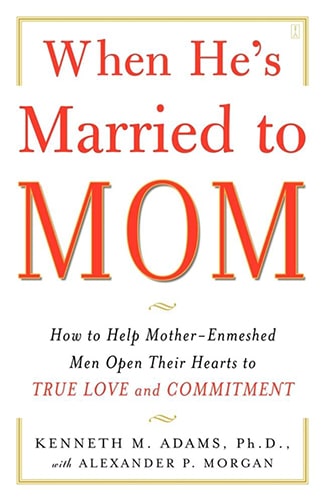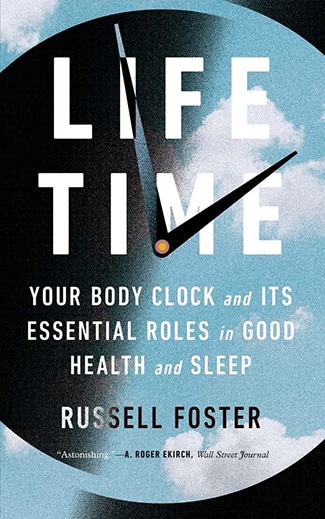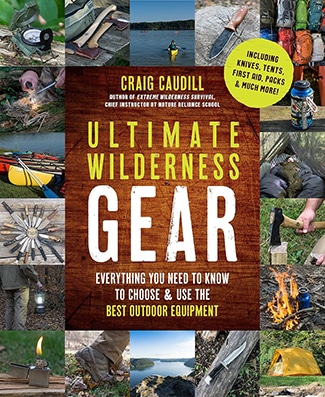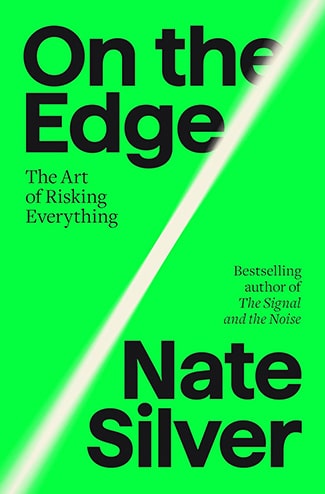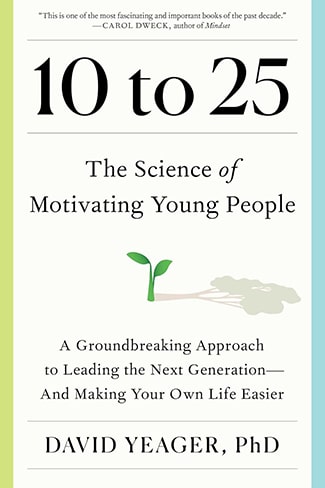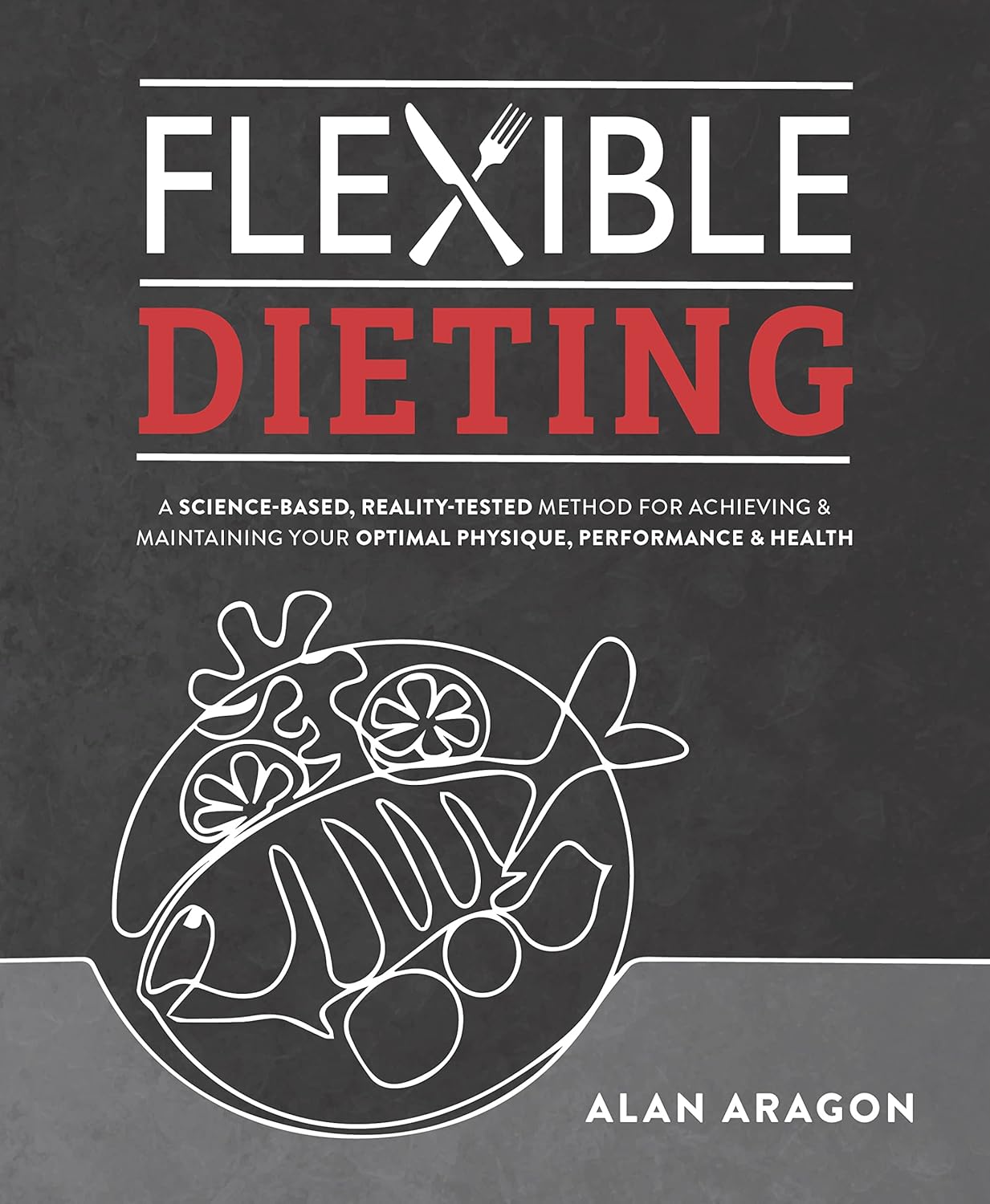Podcast Summary
Developing Unwavering Focus with Dandapani: Cultivating focus involves understanding the difference between mind and awareness, practicing concentration in daily activities, and harnessing the power of controlling and directing our awareness.
Focus is a skill that can be developed and improved through training and practice. Dandapani, a Hindu monk and author, shares his insights on the power of unwavering focus and explains how to cultivate it in our daily lives. He highlights the importance of understanding the difference between mind and awareness, emphasizing that where awareness goes, energy flows. By bringing awareness to our attention, we can stop practicing distraction and start practicing concentration. Dandapani suggests making each daily activity a focused practice and making our entire day a practice. He also emphasizes that daily meditation sessions alone are inadequate for developing focus and differentiates between mindfulness and concentration. Ultimately, the ability to control and direct our awareness is a tremendous power that we should strive to harness.
The Importance of Learning to Concentrate: Learning how to concentrate is crucial for personal growth and success in all areas of life. Without proper guidance, distractions can hinder our abilities and prevent us from reaching our full potential.
Many people have never been formally taught how to concentrate, leading to a lack of focus and easily falling into distractions. Just like we need proper guidance to eat healthy, we also need to be taught how to focus our minds. Without this knowledge, we are at the mercy of our environment, which constantly bombards us with distractions. This results in a society where people struggle to concentrate and make the most of their abilities. By learning how the mind works and practicing concentration, we can live more rewarding lives while excelling in our daily tasks. Teaching concentration is essential for personal growth and success in both professional and personal spheres.
Prioritizing Teaching and Practicing Concentration for Improved Focus: Developing focus through teaching and practicing concentration is essential before considering medication, leading to a more intentional and fulfilled life.
Before jumping to conclusions or seeking a diagnosis, it's important to consider whether the inability to concentrate is due to a lack of knowledge or skills in concentration. Teaching and practicing concentration should be the first approach, rather than immediately resorting to medication. It is comparable to expecting someone to play the piano without ever teaching them how to do so. Diagnosing the problem is not inherently wrong, but the treatment should prioritize teaching and practicing concentration. Only after years of struggling should medication be considered. So, the key takeaway is that focusing involves consciously directing one's awareness and being able to shift it to different tasks or people as needed. The impetus for developing focus includes leading a more fulfilled and intentional life.
Embracing the Finite Nature of Life: Living a purposeful life means defining priorities, cherishing moments, and being present in experiences, allowing us to find happiness and contentment amidst the inevitability of death.
Life is finite and we all have a limited amount of time on this earth. Regardless of our beliefs or philosophies, death is inevitable for everyone. This realization should motivate us to live a purposeful and focused life. By defining our priorities and aligning ourselves with what we love, we can experience happiness and contentment. It is essential to cherish moments and be present in experiences, without getting distracted by technology or other obligations. We work hard to earn money and create meaningful experiences, but it is pointless if we cannot fully enjoy and appreciate them. Therefore, we should strive to be fully present and focused on what truly matters in order to live a fulfilled and rewarding life.
Cultivating focus to avoid time wastage.: Focus requires a strong desire stemming from the understanding that life is finite. Daily reminders and reflection on this help develop focus and prevent wasting precious time.
Our time is finite and distraction is the biggest thief of that time. Dandapani emphasizes that our awareness must be brought back to the present moment because if we don't truly want to be there, we are wasting our precious time. Developing focus requires a strong desire for it, which can come from knowing that life is finite and wanting happiness and meaning. Many people only desire focus during challenging times, but when the pain subsides, they revert back to their old ways. To cultivate and maintain this desire, Dandapani suggests daily reminders and reflection on the finite nature of life. By understanding the metaphysics of the mind, we can develop focus and avoid wasting our limited time.
Controlling Our Awareness for a Balanced Mind: By consciously directing our awareness, we can choose to maintain a positive state of mind and avoid being influenced by external factors that may lead to a lack of focus.
Our awareness and our mind are two separate entities. We have the ability to control our awareness and direct it to different areas of the mind. This means that we can choose to be in a happy state of mind or shift our awareness to a more negative or sad state. However, if we allow our environment, including the people and things around us, to dictate where our awareness goes, we may find ourselves constantly shifting between different areas of the mind without focus. The ultimate goal is to have conscious mastery over our awareness and be intentional about where we direct it. By doing so, we can prioritize what truly matters to us and ensure that our awareness is not easily swayed by external factors.
The Power of Conscious Awareness: Directing our awareness determines our true presence and engagement in any situation. By consciously investing our energy where our awareness goes, we can manifest and create what we want in life.
Our awareness is what moves within the mind, and controlling where awareness goes is crucial. We often make things more complicated than they need to be, but at its core, it's as simple as directing our awareness. This distinction between mind and awareness becomes evident when we find ourselves physically present but mentally elsewhere. It's important to ask ourselves, "Where is our awareness?" because that determines our true presence and engagement in any situation. Time management and checking off boxes may give a false sense of accomplishment, but the critical question is where our awareness is during those moments. Understanding that where awareness goes, energy flows allows us to consciously invest energy into what we want to manifest and create in our lives.
The power of conscious energy investment: Where we focus our energy determines what grows in our lives. By consciously choosing positive thoughts and emotions, we can cultivate a garden of positivity in our minds.
Where we invest our energy determines what grows in our lives. Just like water can't discriminate between weeds and flowers, our energy doesn't differentiate between positive and negative aspects. Our mind is like a garden with different areas, and as awareness goes to those areas, energy follows. By constantly focusing on anger or any other emotion, we strengthen and magnify that area of our mind. This frequency then attracts similar experiences and thoughts into our lives. Neurologically, the more we repeat a pattern of thinking, the stronger it becomes, influencing our behavior in similar situations. Therefore, it's important to consciously choose our thoughts and invest energy in cultivating positive areas of our mind.
Taking Control of Awareness and Increasing Consciousness: By learning to concentrate and keep our awareness on one thing or person at a time, we become more observant and conscious of our own thoughts, leading to a more focused and conscious life.
We have the power to control our awareness and bring it to our attention. Dandapani emphasizes the importance of understanding what awareness is and being conscious of when our mind drifts away. By learning to concentrate and keep our awareness on one thing or person at a time, we become more observant and conscious of our own thoughts. This allows us to notice when we have shifted our awareness from the present moment or the person we are engaged with. Just like in a movie, we can separate our awareness from what it is engaged with and simply observe without getting completely immersed in the story. This practice of bringing awareness to attention enables us to have more control over our thoughts and ultimately leads to a more conscious and focused life.
Taking control of our awareness for a peaceful state of mind: By consciously directing our awareness, we can observe without reacting emotionally, separate ourselves from external influences, and make conscious choices throughout the day.
We have complete control over our awareness. Just like in the example of wiggling your toes, when we choose to disengage from a situation or thought, we can observe without becoming emotionally reactive. This practice allows us to separate ourselves from the external influences and maintain a neutral or peaceful state of mind. By keeping our "ball of light" with us, we become the observer, watching what is happening both inside and outside of ourselves. This ability to consciously choose where to direct our awareness is what concentration or focus is all about. It empowers us to decide what we engage with and ultimately gives us the freedom to be present and make conscious choices throughout our day.
The Power of Concentration in a Distracted World: By practicing concentration, we can train our awareness to stay focused and resist the constant urge to seek external stimuli, leading to increased mindfulness and control over our environment.
Our constant exposure to distractions, particularly through technology and social media, trains our awareness to jump from one thing to another in quick succession. The more we engage in this behavior, the better we become at being distracted. Distraction is when something or someone outside of us moves our awareness without our permission, surrendering control to our environment. We often practice distraction unknowingly by allowing our awareness to constantly shift from one stimulus to another. To counter this, we must practice concentration. Merely dedicating a short amount of time to mindfulness meditation each day is not enough. We need to cultivate a consistent practice of concentration to train our awareness to stay focused and resist the urge to constantly seek external stimuli.
Incorporating Concentration into Daily Life: Practicing concentration in daily activities helps improve focus and can enhance meditation practice. Concentration is a skill that can be developed through intentional daily practice.
Concentration is not just built through a few minutes of meditation in the morning, but rather by incorporating it into every aspect of our daily lives. Dandapani emphasizes that we should structure our entire day, like an Olympic sprinter preparing for a race, to support our concentration practice. By practicing concentration in everything we do, such as giving our undivided attention to our spouse, children, or work, we are training our awareness to stay focused on one task at a time. This consistent practice throughout the day will then allow us to naturally be more focused when we sit down to meditate. Concentration is a skill that can be developed through intentional daily practice, just like learning to play the piano.
The Importance of Concentration and Focus: Mindfulness is achieved through practicing concentration and being attentive in the present moment. Developing concentration requires dedicated time and attention, similar to training in a sport.
Mindfulness is a byproduct of concentration and focus. It is crucial to clearly define words to have a better understanding of their meaning. Mindfulness is defined as being observant and conscious in the present moment, which is achieved through practicing concentration. Without focus, it is impossible to be mindful. Therefore, instead of telling someone to be mindful, it is more effective to encourage them to be focused and attentive. Developing concentration requires dedicating time and attention to specific activities or tasks, such as washing the dishes or having conversations. Cultivating concentration is a continuous and all-day practice, akin to a sport, rather than something that can be accomplished in a short period.
The Importance of Developing Focus for a Fulfilling Life: Developing and maintaining focus not only reduces anxiety and negative emotions but also allows for meaningful connections and the ability to find solutions rather than being consumed by worry.
Developing focus is essential for living an enriching life and reducing anxiety, fear, anger, and depression. Just like practicing distraction all day won't be counteracted by a short meditation session, a focused life requires continuous effort and structure. By practicing focus and keeping our awareness anchored in the present, we can experience deep connections with the people and things that truly matter to us. Being fully present in conversations allows us to truly hear and experience others, fostering rewarding relationships. Additionally, developing focus helps counteract fear and worry, as these emotions are often future-based. By controlling our awareness and preventing it from dwelling on negative possibilities, we can find solutions rather than becoming consumed by anxiety.
Shifting awareness to conquer fear, worry, anger, and depression.: Controlling our awareness allows us to change our state of mind and overcome negative emotions. We have the power to choose where our awareness goes and shape our experiences.
Controlling awareness in the mind is crucial to overcoming fear, worry, anger, and even depression. By consciously directing our awareness to different areas of the mind, we can change our state of mind and experience. Instead of allowing our awareness to constantly dwell on future problems and amplify our fears, we can focus on solving the problems at hand. This simple practice of shifting our awareness can be understood by anyone, including children, as it does not require complex scientific terms or knowledge of brain functions. By recognizing that we are not our emotions but pure awareness, we gain the power to choose where our awareness goes and ultimately shape our experiences.
Choosing Mindful Engagement: Practicing awareness allows us to consciously choose when, where, and how we address the problems and challenges of life, giving us the freedom to navigate difficult situations and live more intentional lives.
Practicing awareness gives us the freedom to choose when, where, and how we engage with the problems and challenges of life. It's not about ignoring the problems, but rather about consciously deciding when to address them. By directing our attention and awareness, we can control our mind and focus on the present moment, allowing us to better navigate difficult situations and experiences. Whether it's addressing a conflict at work or reflecting on a personal issue, we have the power to choose when to engage and how deeply we want to delve into it. This conscious choice grants us a tremendous amount of freedom and empowers us to live more intentional and fulfilling lives.

